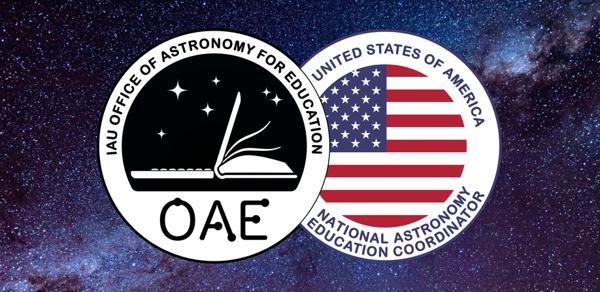Glossary term: Astrochemistry
Description: Astrochemistry is a branch of astronomy that combines chemistry, astronomy, and physics to explain the behavior of matter at the molecular level, under the various conditions prevailing in space. Extremes of, e.g. pressure, temperature, or radiation levels in extraterrestrial environments result in chemical elements combining and forming molecules in different ways. This diversity in harsh environments causes chemicals to behave in unexpected ways. Thus, astrochemists use electromagnetic radiation received from space to study atoms and molecules in the interstellar medium and stars (both in our Galaxy and other galaxies), and planets, and to analyze their behavior and explain their properties. As of late May 2022, more than 245 molecular compounds have been detected in the interstellar medium, circumstellar shells, and other astronomical objects.
Related Terms:
See this term in other languages
Term and definition status: This term and its definition have been approved by a research astronomer and a teacher
The OAE Multilingual Glossary is a project of the IAU Office of Astronomy for Education (OAE) in collaboration with the IAU Office of Astronomy Outreach (OAO). The terms and definitions were chosen, written and reviewed by a collective effort from the OAE, the OAE Centers and Nodes, the OAE National Astronomy Education Coordinators (NAECs) and other volunteers. You can find a full list of credits here. All glossary terms and their definitions are released under a Creative Commons CC BY-4.0 license and should be credited to "IAU OAE".
If you notice a factual error in this glossary definition then please get in touch.








